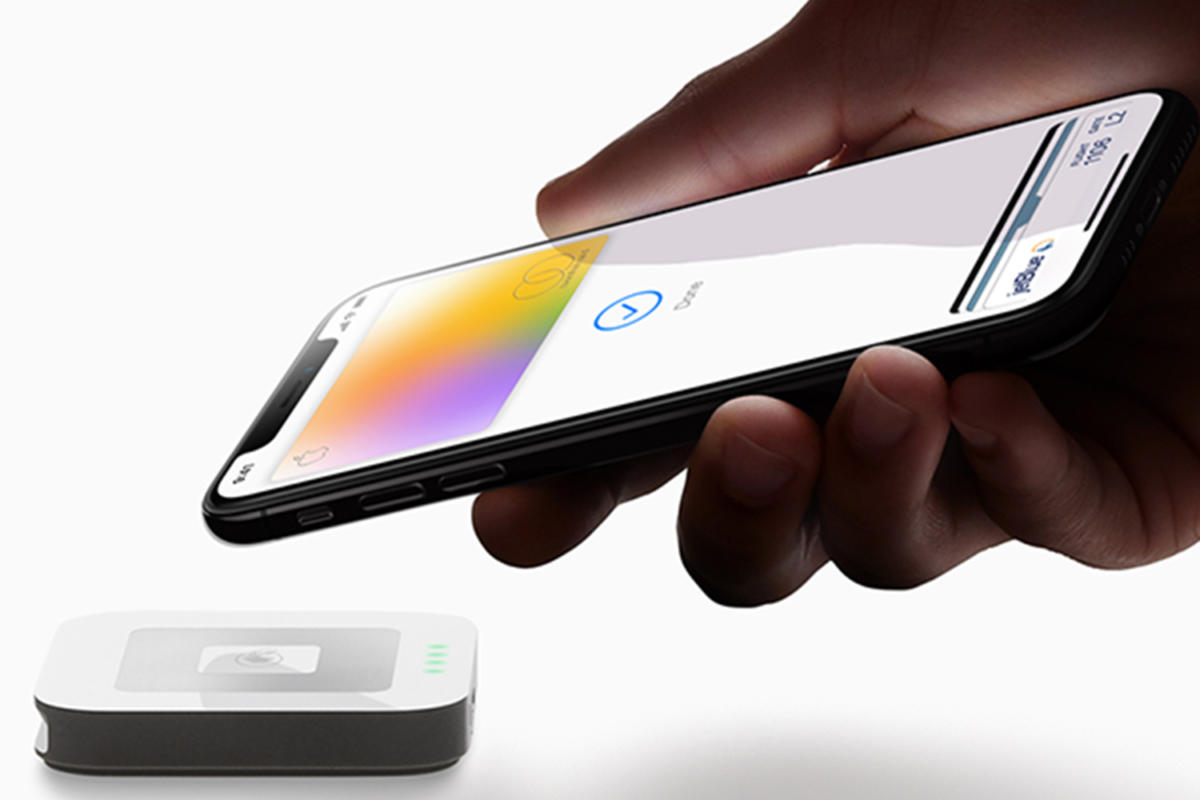The European Commission is set to charge Apple with anti-competitive behavior related to NFC chip technology used in iPhones and for Apple Pay wireless transactions. Reuters reports that the EU antitrust regulators want to force the Cupertino tech giant to open its mobile payment system to third-party developers and companies.

The near-field communication (NFC) chip technology in iPhones allows users to make wireless payments via Apple Pay by simply waving their smartphones at payment terminals. The wireless payment service is available across Apple devices and all uses have to do is to add their debit and credit cards to the iPhone Wallet app to quickly and securely make contactless payments in stores, in-apps, and online. The service is also used to send and receive cash via iMessage.
But the wireless payment service has been on antitrust regulators’ radar, recently. In December 2020, the Netherlands Authority for Consumers and Markets began an investigation into payment apps’ access to near-field communication (NFC) like Apple Pay and the Australian government is considering new laws to tighten regulation of digital payment systems like Apple Pay, Google Pay, and China’s WeChat Pay.
EU to send Apple NFC related anti-competitive charge sheet in 2022
As per the report, the decision to charge the Cupertino tech giant with anti-competitive behavior was taken after an investigation that began in June 2020. Now, the EU commission will send a formal charge sheet by 2022 which is a few months away.
The European Commission opened an investigation into Apple Pay, its proprietary mobile payment solution on iPhones and iPads, in June last year.
The EU competition enforcer is now drafting a so-called statement of objections setting out its concerns which is expected to be sent to Apple next year, the sources said.

In April this year, the EU commission charged Apple with an anti-trust violation for unfairly putting its rival music service, Spotify at a disadvantage. The charge sheet accused the tech giant of stifling competition by charging a high 30% commission rate for all in-app purchases and forbidding the developer to notify users of alternative payment methods. If found guilty, the tech giant could pay a $27 billion fine.